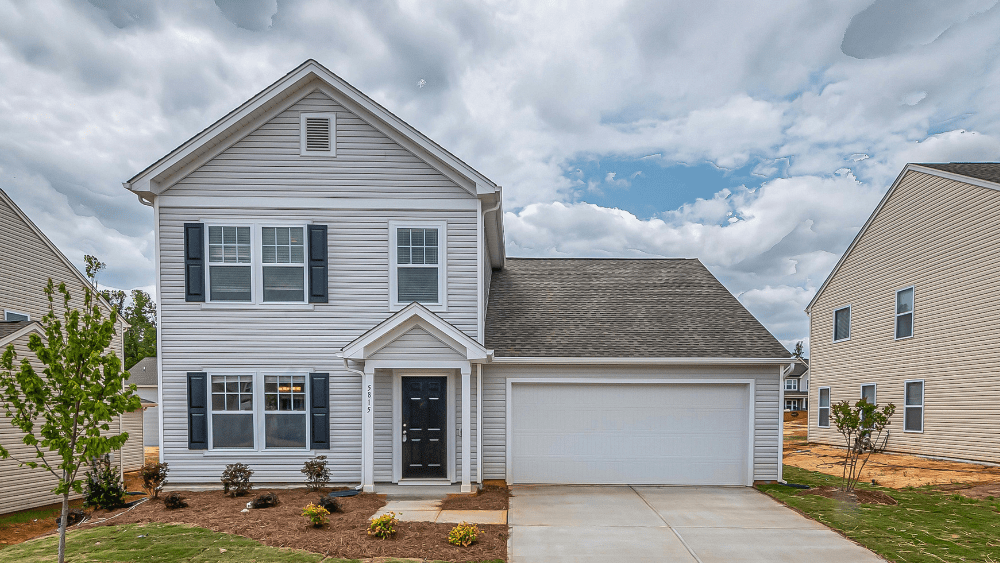
Selling your home in West Virginia? An important expense to prepare for is closing costs—those final expenses that arise when transferring ownership of your property. This guide will break down how these costs work in West Virginia and what specific charges you might encounter as a seller. Whether it’s the transfer tax, real estate commissions, or smaller miscellaneous fees, knowing what to expect will help you plan for a smooth transaction. Closing costs are the various fees you’ll need to pay when completing the sale of your home. These costs can encompass a broad range of expenses, including property taxes and insurance. While many of these fees are standard for both buyers and sellers, certain charges, such as transfer taxes, can vary depending on the location of your property at the time of sale. Before selling your home, you must ensure that your mortgage is fully paid off. This is referred to as the loan payoff amount, which includes the remaining principal balance of your loan along with any accrued interest over the life of the mortgage. Additionally, the loan payoff amount may include other fees required to finalize the loan. Paying off this balance clears the way for the sale of your property, ensuring the title can be transferred to the new owner without any outstanding debts. According to WalletHub, West Virginia ranks 6th in the country in terms of property taxes, playing it above states like Arizona. Real estate in West Virginia is taxed at a rate of 0.55%, with a median home value of $251,900. To get a better idea of what you might owe, consult a property tax calculator.What are closing costs?
Mortgage/Loan payoff amount
Property taxes



